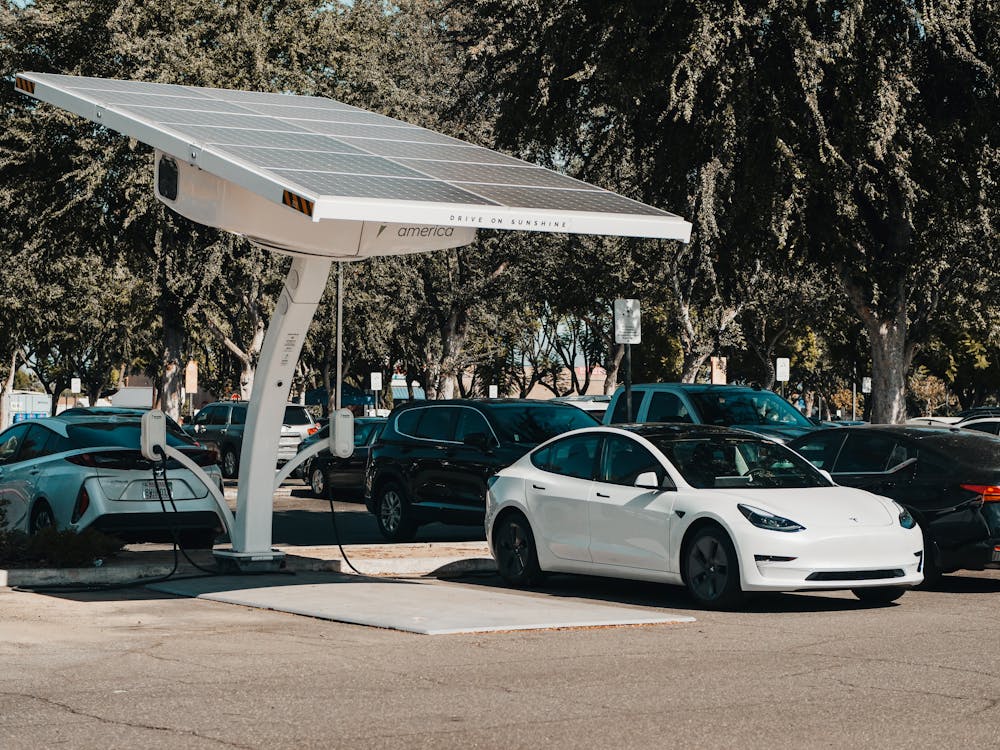What Makes Transportation Sustainable in Modern Midwest Cities?
Sustainability shapes how Midwest cities evolve their transportation. It’s no longer about just getting from A to B. Cities like Indianapolis and St. Louis explore creative ways to reduce emissions, rethink urban mobility, and empower commuters.
These solutions aren’t isolated ideas. They ripple into everyday choices, from bus systems adapting to electric fleets to families exploring eco-friendly vehicle options closer to home.
What drives this shift?
Join the conversation as we explore sustainable transit innovations making Midwest communities cleaner and more connected.
Integrating Public Transit with Suburban Growth
Suburban sprawl often leaves transit behind. Cities like Kansas City tackle this with micro-transit services, bridging gaps in less connected areas.
Flexible shuttles complement public systems, reducing car dependency.
Mixed-use zoning also cuts commutes by bringing homes closer to work and schools, while technology helps planners map needs early to ensure transportation keeps pace with growth.
Leveraging Electric Vehicle Infrastructure in Midwest Communities
EV technology reduces urban carbon emissions while cutting fuel dependency. Even hybrids contribute significantly by easing the transition to fully electric options. Yet, infrastructure struggles remain a bottleneck.
Charging stations increasingly dot Midwest cities like Milwaukee and Cincinnati, supported by public-private partnerships driving accessibility forward. For cost-conscious adopters, great deals on used cars like hybrid models at EchoPark in Duluth Atlanta exist. They provide affordable entry points into cleaner commuting solutions today.
The Role of Bike-Sharing Programs in Urban Sustainability
Is driving always necessary for short trips? No! Bike-sharing programs let residents run errands, commute, or explore without relying on cars.
Cities like Minneapolis embrace these systems to reduce emissions and traffic congestion. Some incorporate e-bikes, stretching the sustainability benefits further. And beyond environmental impact, cycling promotes fitness and wellness while cutting transportation costs.
Such programs connect neighborhoods seamlessly, encouraging greener habits across communities and reshaping urban mobility culture sustainably over time.
Retrofitting Cities for Pedestrian-First Designs
Streets aren’t just for cars. Designing walkable spaces boosts sustainability by reducing reliance on vehicles entirely.
Indianapolis has transformed its downtown with widened sidewalks, alongside safe crossings and dedicated pedestrian zones that encourage walking as a primary mode of transport.
These upgrades improve air quality, lower noise pollution, and foster vibrant urban hubs where residents feel connected to their city’s core.
Incentivizing Carpooling and Ride-Sharing for Regional Mobility
Again, fewer cars on the road mean fewer emissions. Carpooling platforms, like those gaining traction in Kansas City, simplify coordination between commuters with similar routes.
Ride-sharing apps further enhance flexibility while reducing single-occupancy trips. The shared travel models lower transportation costs and decrease urban congestion.
By prioritizing collaboration over isolation, Midwest communities foster efficient mobility that benefits both residents and the environment long-term.
Urban Freight Solutions Reducing Emissions from Deliveries
When goods move across cities, delivery trucks leave behind a significant carbon trail. Transitioning fleets to electric vehicles curbs these emissions drastically.
Omaha exemplifies this shift with pilot programs testing smaller EVs for last-mile deliveries in dense areas. Micro-distribution hubs also reduce unnecessary trips by consolidating shipments locally, cutting fuel consumption while ensuring efficiency.
Cleaner freight practices lighten the environmental load without compromising supply chain effectiveness in urban settings.
Local Policy Changes That Encourage Green Transportation
Policies shape how people travel. In cities like Des Moines, tax credits for electric vehicles and rebates for home charging stations encourage eco-friendly transitions.
Zoning adjustments also support transit-oriented developments, creating neighborhoods built around efficient public transportation access.
By prioritizing these shifts, local governments empower residents to choose greener mobility options, ultimately driving long-term environmental benefits while fostering more accessible and sustainable urban growth across the region.
Sustainable transportation redefines how Midwest cities grow and thrive. From cleaner vehicles to smarter urban planning, every innovation matters. Investing in these solutions ensures healthier communities, resilient mobility systems, and a greener future for generations to come.
